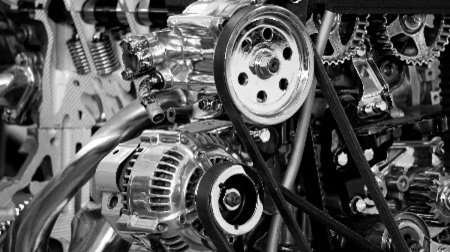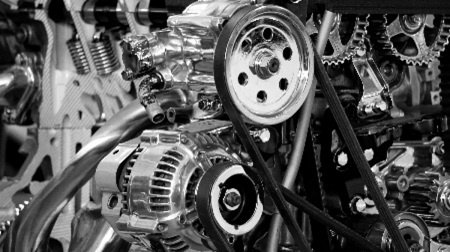It’s inevitable. Burning fossil fuels in the 21st Century has become the new smoking and whether you are a liberal lefty willing on zero-emission zones or a hard-right climate sceptic, expect to soon be bombarded with marketing bumf about why your next car should be an electric one and why you need to give up gasoline.

Air pollution categorically effects health on a global scale. Reports from the World Health Organisation claim 3 million people die prematurely each year because of air pollution. It shortens lives and causes a number of related health problems.
Repeated calls to control emissions are certainly being heard but effective action to address the problem has been slow to materialise. The pressure is now squarely on the shoulders of engineers to find viable replacements for the 20th Century workhorse.
“It needs to be recognised that all sectors have been able to heavily reduce CO2 emissions except transportation,” says Dr Wolfgang Warnecke, the chief scientist for mobility at Shell.
He explains that despite billions going into efforts to clean up exhaust emissions, transport has been unable to improve efficiency compared to other sectors with industry finding improvements of 32%, housing 34% and energy generation 22% between 1990 and 2015. Transport, by comparison, has managed just 2%.
Green electricity
There is no doubt that the speed of change in mobility is currently in an accelerated development phase. Electric vehicles are becoming commercially available at affordable prices and charging points are beginning to feel routine.
Electric vehicles are great provided the electricity is itself ‘green’. This comes back to the question of power generation and our continuing reliance on fossil fuel for energy. Whether it’s burnt at a power station down the road or in your engine, the process of combustion – by its very nature – creates emissions.
Today, emissions from electricity and heat production represent around half of the CO2 produced globally. Despite power station gas turbines having around twice the thermal efficiency of internal combustion engines, on the scales needed for a full transition to electric vehicles, it would likely result in more fossil fuels being burnt to supply the necessary increased baseload to the grid. So, are we in danger of shifting the problem from tailpipe to chimney stack?
Read more: Eureka Magazine



